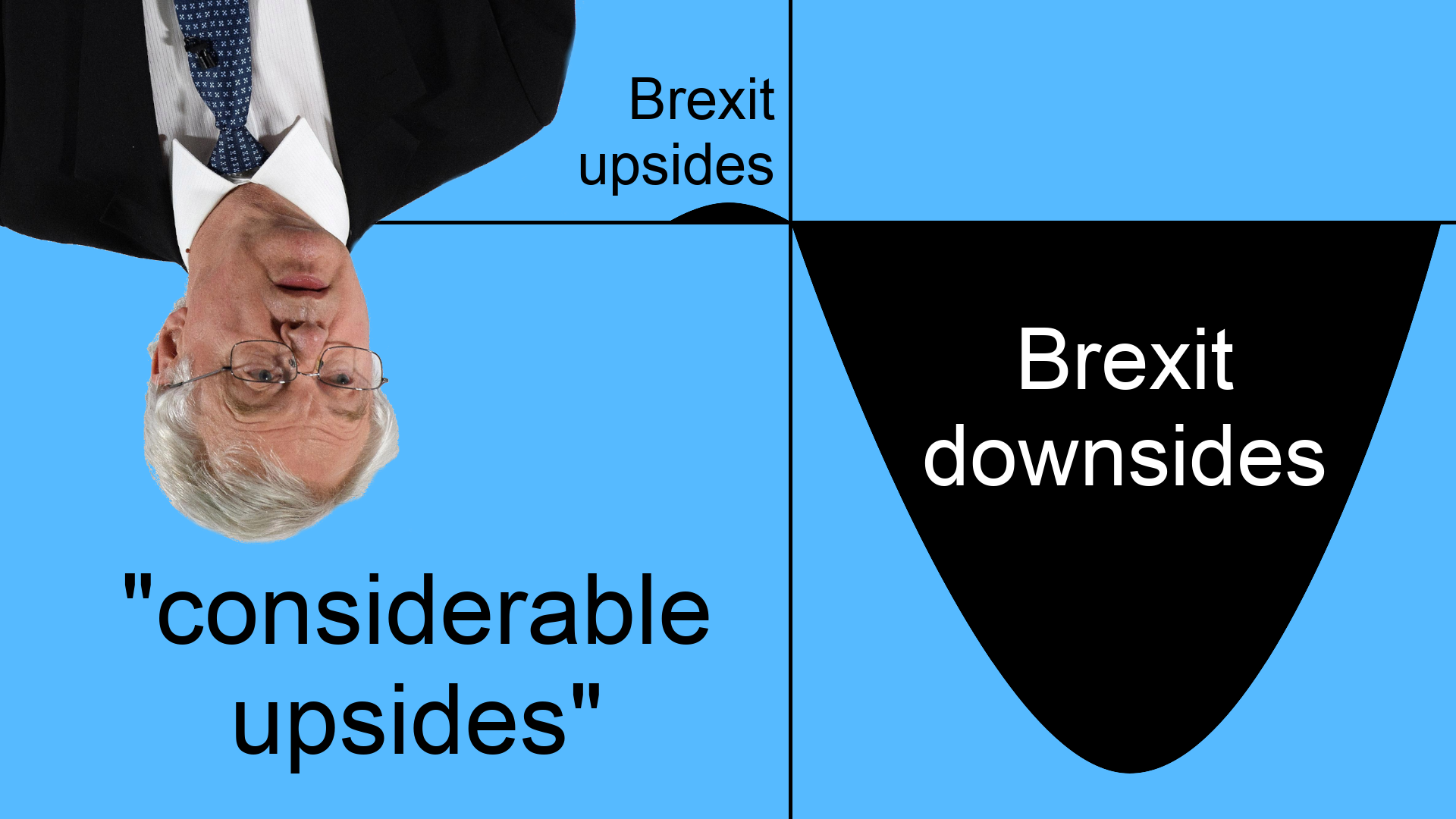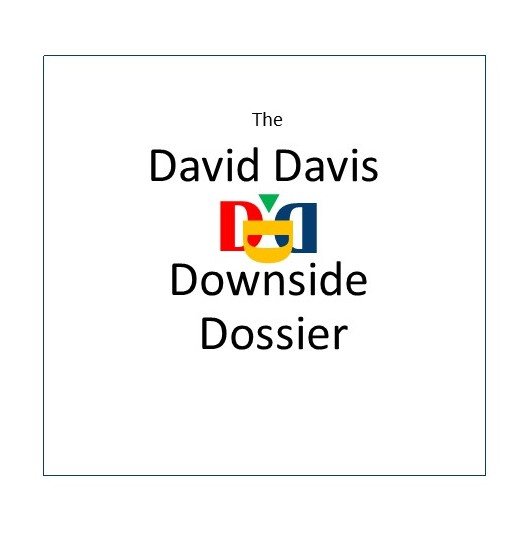“...there will be no downside to Brexit at all, and considerable upsides”
David Davis
In October 2016, David Davis, the then Brexit secretary, told the House of Commons that “there will be no downside to Brexit at all, and considerable upsides”.

